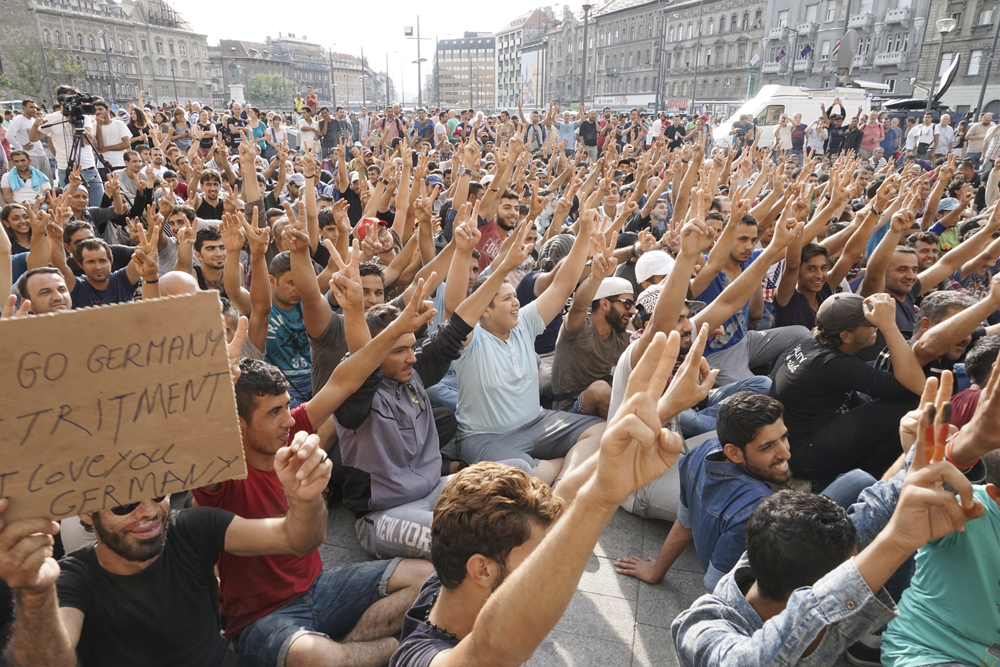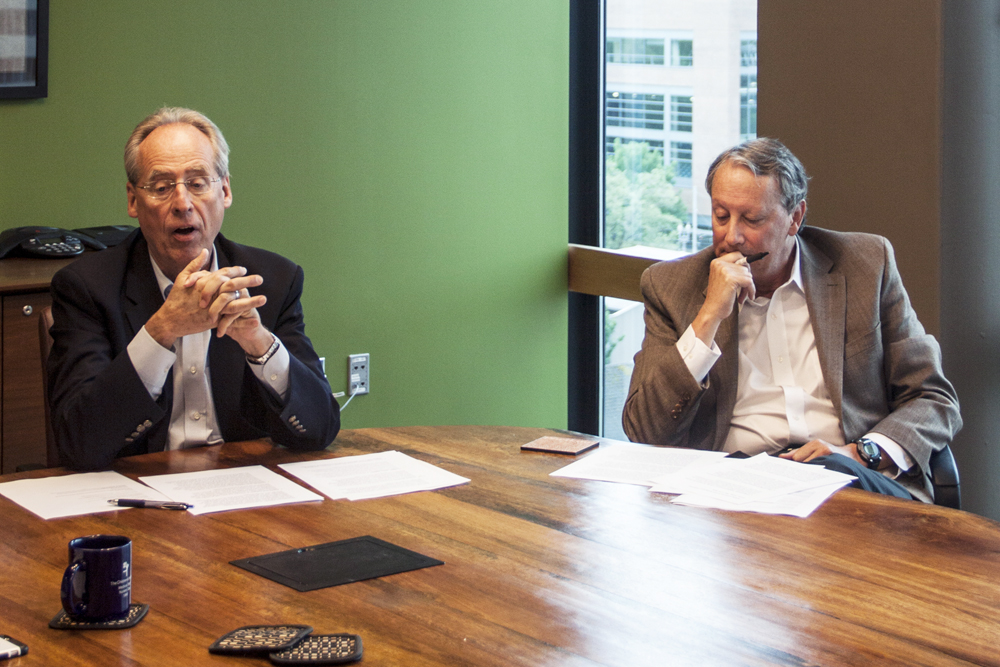Fall is here, which means the yearly migration towards classroom doors for eager college students is underway. As this seasonal migration occurs, universities around the world are preparing to greet the bright, enthusiastic minds of the future.
This year there are other, more unexpected migrations being brought to the public’s attention. With the rise of oppression, poverty and war in several Middle Eastern countries, thousands of people are fleeing the countries they once called home to find safer ground.
While thousands of college students worldwide may be struggling with the overwhelming decision to pick a major, there are thousands of refugees worldwide struggling with the overwhelming decision to settle on a new place to call home.
Unlike universities, with an entire summer to prepare for the influx of new freshmen on their campuses, stable and secure countries are being hit with an overwhelming number of migrants they were not ready to adopt into their population. The resources may be present, but are scattered. Europe—and the rest of the world—is struggling to properly accommodate the enormous numbers of people in a timely manner.
While wealthier and more established countries are being turned to for help, smooth and safe immigration processes cannot be drawn up overnight. Every university needs time to review their applicants and their abilities. However, when it comes to refugees, time is not at anyone’s disposal.
It is evident that there are thousands of people in need of asylum, but today, every country rightfully fears the risk of welcoming terrorism and further damaging their economy. Successfully integrating refugees into more peaceful societies does not only require safe housing, but it also means creating realistic economic opportunities for them to prosper.
Egyptian billionaire Naguib Sawiris may or may not have offered a realistic opportunity to current refugees when he personally requested via Twitter that Greece and Italy sell him an island. His tweet read, “Greece or Italy sell me an island,ill call its independence and host the migrants and provide jobs for them building their new country” [sic]. While his solution is uncertain, he does present refugees with an opportunity.
As college students, we are giving our communities, our world and ourselves a better chance to succeed. We may not be able to solve the refugee problem firsthand, but our hard work inside classrooms can create a better tomorrow for everyone this planet shelters. John F. Kennedy said, “Ask not what your country can do for you, but what you can do for your country.” He encouraged the American people to dedicate their hard work to their community.
So I leave you, as a member of the Portland State community, representing a diverse international student body, with this: When the homework starts to pile up and the computer screen begins to blur over, take comfort in knowing that your professors and advisers are readily available to answer your questions. To the student with a full load of classes and a couple of part-time jobs, how about dedicating your hard work this term to the refugees that would appreciate having the opportunity to attend a university. As the leaders of the next generation we must hope that the knowledge gained today will bring us all one step closer to a more positive and peaceful world where equal opportunities are available for everyone.
Humanitarian organizations for refugees: care.org, ifrc.org





